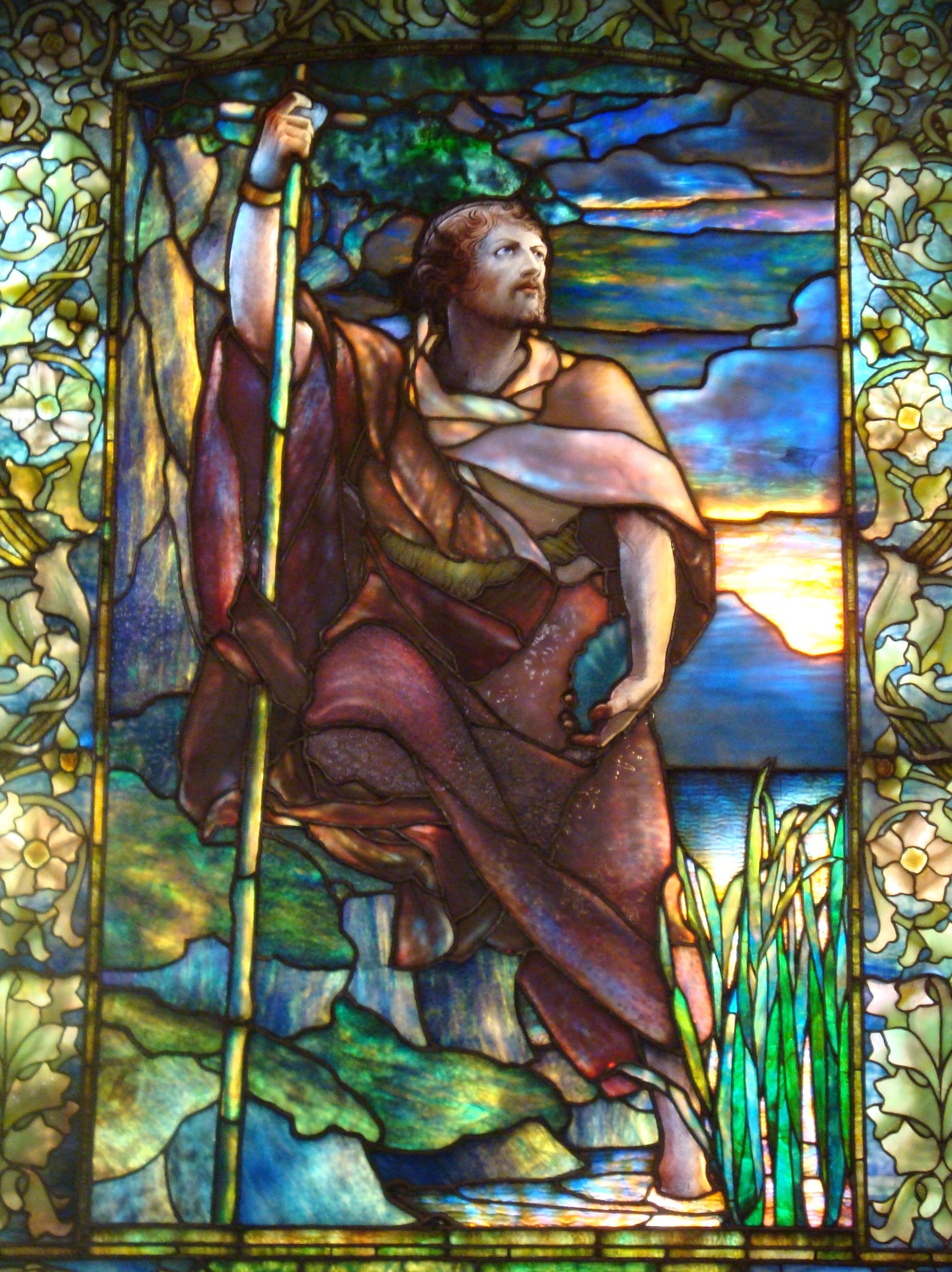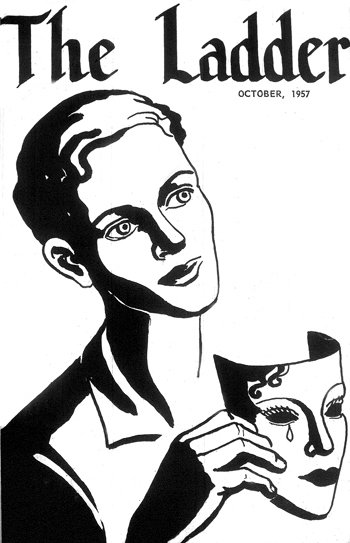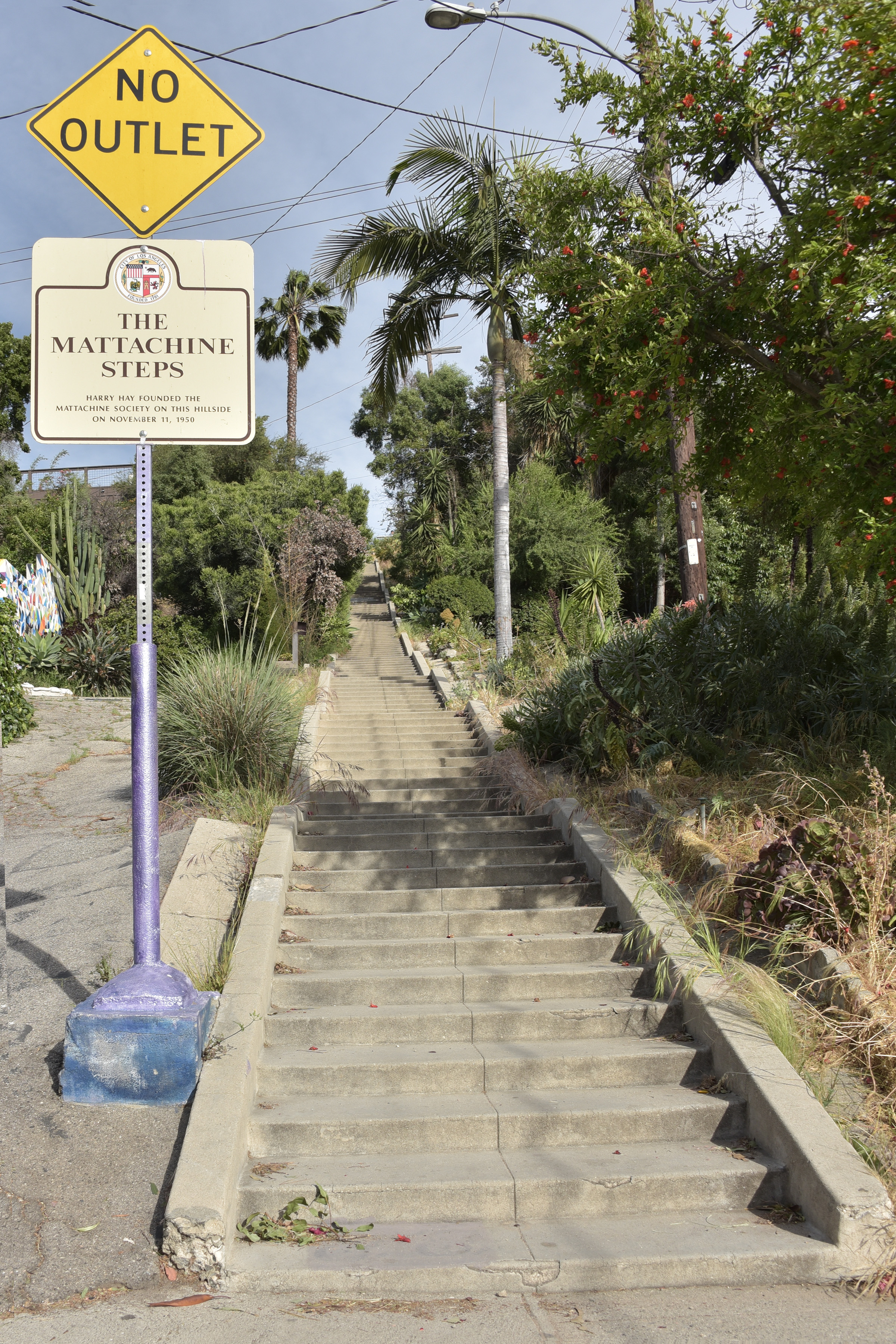|
Prescott Townsend
Prescott Townsend (June 24, 1894 – May 23, 1973) was an American cultural leader and gay rights activist, from the 1930s through the early 1970s. Early life He was born in Roxbury, Massachusetts, the fourth child (third son) of Kate Wendell Sherman and Edward Britton Townsend; his mother was both a descendant of Myles Standish through her grandmother Susannah Perkins Staples (the sister of Yale Law School founder Seth Perkins Staples) and other ''Mayflower'' passengers, and the great-granddaughter of the American founding father Roger Sherman and his wife Rebecca Minot Prescott, through their son Roger Sherman, Jr. He attended the Volkman School, graduated in 1918 from Harvard University, and attended Harvard Law School for one year. He spent the summer of 1914 in logging camps in Montana and Idaho, and traveled to North Africa and the Soviet Union. He returned to Boston's Beacon Hill neighborhood, where he began a relationship with theater producer Elliot Paul, with whom h ... [...More Info...] [...Related Items...] OR: [Wikipedia] [Google] [Baidu] |
Roxbury, Massachusetts
Roxbury () is a Neighborhoods in Boston, neighborhood within the City of Boston, Massachusetts. Roxbury is a Municipal annexation in the United States, dissolved municipality and one of 23 official neighborhoods of Boston used by the city for neighborhood services coordination. The city states that Roxbury serves as the "heart of Black culture in Boston."Roxbury " City of Boston. Retrieved on May 2, 2009. Roxbury was one of the first towns founded in the Massachusetts Bay Colony in 1630, and became a city in 1846 before being annexed to Boston on January 5, 1868.Roxbury History . Part of Roxbury had become the town of West Roxbury on May 24, 1851, and additional land in Roxbur ... [...More Info...] [...Related Items...] OR: [Wikipedia] [Google] [Baidu] |
Provincetown Playhouse
The Provincetown Playhouse is a historic theatre at 133 MacDougal Street between 3rd Street (Manhattan), West 3rd and 4th Street (Manhattan), West 4th Streets in the Greenwich Village neighborhood of Manhattan, New York City. It is named for the Provincetown Players, who converted the former stable and wine-bottling plant into a theater in 1918. The original Players included George Cram Cook, Susan Glaspell, Eugene O'Neill, John Reed (journalist), John Reed, Louise Bryant, Floyd Dell, Ida Rauh, Edna St. Vincent Millay and Djuna Barnes. Paul Robeson performed at the theatre, and E. E. Cummings had his play "Him" performed in the building. Ann Harding, Bette Davis, Claudette Colbert made their New York stage debuts in the facility. History The Provincetown Playhouse was originally located at 139 Macdougal when it opened in 1916; it moved to its current space, 133 Macdougal, in 1918. The building was a former stable and wine-bottling plant built in the 19th century. The building was e ... [...More Info...] [...Related Items...] OR: [Wikipedia] [Google] [Baidu] |
1894 Births
Events January–March * January 4 – A military alliance is established between the French Third Republic and the Russian Empire. * January 7 – William Kennedy Dickson receives a patent for motion picture film in the United States. * January 9 – New England Telephone and Telegraph installs the first battery-operated telephone switchboard, in Lexington, Massachusetts Lexington is a suburban town in Middlesex County, Massachusetts, United States. It is 10 miles (16 km) from Downtown Boston. The population was 34,454 as of the 2020 census. The area was originally inhabited by Native Americans, and was firs .... * February 12 ** French anarchist Émile Henry (anarchist), Émile Henry sets off a bomb in a Paris café, killing one person and wounding twenty. ** The barque ''Elisabeth Rickmers'' of Bremerhaven is wrecked at Haurvig, Denmark, but all crew and passengers are saved. * February 15 ** In Korea, peasant unrest erupts in the Donghak Peasant ... [...More Info...] [...Related Items...] OR: [Wikipedia] [Google] [Baidu] |
The Advocate (LGBT Magazine)
''The Advocate'' is an American LGBT magazine, printed bi-monthly and available by subscription. ''The Advocate'' brand also includes a website. Both magazine and website have an editorial focus on news, politics, opinion, and arts and entertainment of interest to lesbians, gay men, bisexuals and transgender (LGBT) people. The magazine, established in 1967, is the oldest and largest LGBT publication in the United States and the only surviving one of its kind that was founded before the 1969 Stonewall riots in Manhattan, an uprising that was a major milestone in the LGBT rights movement. On June 9th, 2022 Pride Media was acquired by Equal Entertainment LLC known as equalpride putting the famous magazine back under queer ownership. History ''The Advocate'' was first published as a local newsletter by the activist group Personal Rights in Defense and Education (PRIDE) in Los Angeles. The newsletter was inspired by a police raid on a Los Angeles gay bar, the Black Cat Tavern, on Ja ... [...More Info...] [...Related Items...] OR: [Wikipedia] [Google] [Baidu] |
Arlington Street Church
The Arlington Street Church is a Unitarian Universalist church across from the Public Garden in Boston, Massachusetts. Because of its geographic prominence and the notable ministers who have served the congregation, the church is considered to be among the most historically important in American Unitarianism and Unitarian Universalism. Completed in 1861, it was designed by Arthur Gilman and Gridley James Fox Bryant to resemble James Gibbs' St. Martin-in-the-Fields in London. The main sanctuary space has 16 large-scale stained-glass windows installed by Tiffany Studios from 1899 to 1930. On May 17, 2004, the Arlington Street Church was the site of the first state-sanctioned same-sex marriage in the United States. History of the congregation The congregation was founded in 1729 as the "Church of the Presbyterian Strangers" and became independent in 1787, incorporating under a congregational model of polity. Until the Back Bay location was completed, the congregation was locate ... [...More Info...] [...Related Items...] OR: [Wikipedia] [Google] [Baidu] |
Parkinson's Disease
Parkinson's disease (PD), or simply Parkinson's, is a long-term degenerative disorder of the central nervous system that mainly affects the motor system. The symptoms usually emerge slowly, and as the disease worsens, non-motor symptoms become more common. The most obvious early symptoms are tremor, rigidity, slowness of movement, and difficulty with walking. Cognitive and behavioral problems may also occur with depression, anxiety, and apathy occurring in many people with PD. Parkinson's disease dementia becomes common in the advanced stages of the disease. Those with Parkinson's can also have problems with their sleep and sensory systems. The motor symptoms of the disease result from the death of cells in the substantia nigra, a region of the midbrain, leading to a dopamine deficit. The cause of this cell death is poorly understood, but involves the build-up of misfolded proteins into Lewy bodies in the neurons. Collectively, the main motor symptoms are also known as ... [...More Info...] [...Related Items...] OR: [Wikipedia] [Google] [Baidu] |
Homophile Movement
The homophile movement is a collective term for the main organisations and publications supporting and representing sexual minorities in the 1950s to 1960s around the world. The name comes from the term ''homophile'', which was commonly used by these organisations. At least some of these organisations are considered to have been more cautious than both earlier and later LGBT organisations; in the US, the nationwide coalition of homophile groups disbanded after older members clashed with younger members who had become more radical after the Stonewall riots of 1969. History The homosexual organizations and publications of the 1950s and 1960s, which commonly used the term "homophile", are now known collectively as the homophile movement. After the gains made by the homosexual rights movements of the late 19th and early 20th centuries, the vibrant homosexual subcultures of the 1920s and '30s became silent as war engulfed Europe. Germany was the traditional home of such movements (S ... [...More Info...] [...Related Items...] OR: [Wikipedia] [Google] [Baidu] |
Mattachine Society
The Mattachine Society (), founded in 1950, was an early national gay rights organization in the United States, perhaps preceded only by Chicago's Society for Human Rights. Communist and labor activist Harry Hay formed the group with a collection of male friends in Los Angeles to protect and improve the rights of gay men. Branches formed in other cities, and by 1961 the Society had splintered into regional groups. At the beginning of gay rights protest, news on Cuban prison work camps for homosexuals inspired Mattachine Society to organize protests at the United Nations and the White House in 1965. Name The Mattachine Society was named by Harry Hay at the suggestion of James Gruber, inspired by a French medieval and renaissance masque group he had studied while preparing a course on the history of popular music for a workers' education project. In a 1976 interview with Jonathan Ned Katz, Hay was asked the origin of the name Mattachine. He mentioned the medieval-Renaissance Fren ... [...More Info...] [...Related Items...] OR: [Wikipedia] [Google] [Baidu] |
I Prescott Townsend House, Boston, MA, USA 2 (2)
I, or i, is the ninth Letter (alphabet), letter and the third vowel letter of the Latin alphabet, used in the English alphabet, modern English alphabet, the alphabets of other western European languages and others worldwide. Its name in English is English alphabet#Letter names, ''i'' (pronounced ), plural ''English alphabet#Letter names, ies''. History In the Phoenician alphabet, the letter may have originated in a Egyptian hieroglyphs, hieroglyph for an arm that represented a voiced pharyngeal fricative () in Egyptian language, Egyptian, but was reassigned to (as in English "yes") by Semites, because their word for "arm" began with that sound. This letter could also be used to represent , the close front unrounded vowel, mainly in foreign words. The Ancient Greeks, Greeks adopted a form of this Phoenician alphabet, Phoenician ''yodh'' as their letter ''iota'' () to represent , the same as in the Old Italic alphabet. In Latin (as in Modern Greek), it was also used to repr ... [...More Info...] [...Related Items...] OR: [Wikipedia] [Google] [Baidu] |
Social Register
The ''Social Register'' is a semi-annual publication in the United States that indexes the members of American high society. First published in the 1880s by newspaper columnist Louis Keller, it was later acquired by Malcolm Forbes. Since 2014, it has been owned by Christopher Wolf. It was historically a directory of " old money," well-connected families from the Northeastern United States. In recent years, membership has diversified both in the geography and ethnicity of those it lists. However, its importance as an arbiter of a family's social status remains. History In antebellum New York City, the social elite was still a small enough group that no formal method of tracking individuals was necessary. With the advent of the Gilded Age, however, fashionable ladies began the practice of leaving calling cards at the homes of other notable women whom they visited; these cards would be cataloged into "visiting lists". In 1887, Louis Keller, a newspaper society columnist and gol ... [...More Info...] [...Related Items...] OR: [Wikipedia] [Google] [Baidu] |
Deer Island (Massachusetts)
Deer Island is a peninsula in Boston, Massachusetts. Since 1996, it has been part of the Boston Harbor Islands National Recreation Area. Although still an island by name, Deer Island has been connected to the mainland since the former Shirley Gut channel, which once separated the island from the town of Winthrop, was filled in by the 1938 New England hurricane. Today, Deer Island is the location of the Deer Island Waste Water Treatment Plant, whose egg-like sludge digesters are major harbor landmarks. The island has a permanent size of , plus an intertidal zone of a further . Two-thirds of the island's area is taken up with the wastewater plant, which treats sewage from 43 nearby cities and towns, and is the second-largest such plant in the United States. The remainder of the island is park land surrounding the treatment plant, and offers walking, jogging, sightseeing, picnicking, and fishing. History 1600s It was once leased to Sir Thomas Temple (1614–1674), a Britis ... [...More Info...] [...Related Items...] OR: [Wikipedia] [Google] [Baidu] |
Boston Brahmin
The Boston Brahmins or Boston elite are members of Boston's traditional upper class. They are often associated with Harvard University; Anglicanism; and traditional Anglo-American customs and clothing. Descendants of the earliest English colonists are typically considered to be the most representative of the Boston Brahmins. They are considered White Anglo-Saxon Protestants (WASPs). Etymology The doctor and writer Oliver Wendell Holmes, Sr. coined the term "Brahmin Caste of New England" in an 1860 story in ''The Atlantic Monthly''. The term ''Brahmin'' refers to the priestly caste within the four castes in the caste system in India, Hindu caste system. By extension, it was applied in the United States to the old wealthy New England families of British Protestant origin that became influential in the development of American institutions and culture. The influence of the old American gentry has been reduced in modern times, but some vestiges remain, primarily in the institutions ... [...More Info...] [...Related Items...] OR: [Wikipedia] [Google] [Baidu] |







